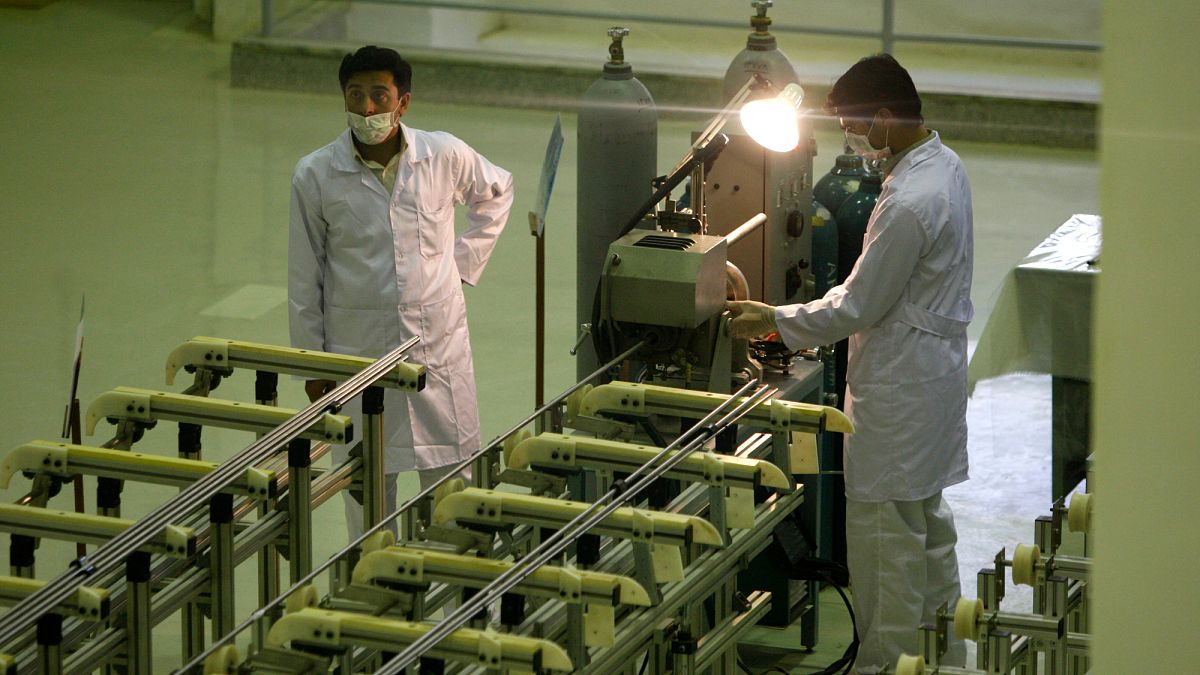

In the midst of escalating global tensions, a series of recent developments have drawn international attention, highlighting ongoing conflicts and diplomatic challenges. These events span several nations and underline the complex geopolitical landscape that the world is navigating today.
The international focus has been largely directed towards Iran, where recent actions have highlighted the fragility of global diplomacy. The United States recently conducted airstrikes on Iran’s nuclear facilities, a move whose impact remains contested. The Trump administration had initially claimed that the strikes were immensely successful in debilitating Iran’s nuclear capabilities. However, later comments from President Trump and Defense Secretary Pete Hegseth introduced a sense of ambiguity. While initial reports suggested severe damage, subsequent intelligence described the harm as “moderate to severe,” casting doubt on the true efficacy of the strikes. This uncertainty has fueled further tension, specifically between Iran and international regulatory bodies.
In response to these airstrikes, Iran’s parliament has backed a bill to suspend cooperation with the United Nations’ nuclear watchdog, the International Atomic Energy Agency (IAEA). Tehran has expressed frustration over what it perceives as the IAEA’s failure to unequivocally condemn the US strikes. This development marks a significant step back in diplomatic engagements, with potential implications for international security and monitoring of nuclear proliferation.
Within its borders, Iran is also dealing with renewed internal security measures. In the wake of the recent conflict with Israel, Iran has initiated a robust internal security crackdown, characterized by mass arrests and increased military presence. Particularly in the Kurdish regions, authorities have heightened surveillance and security checks, signaling a shift in focus from external threats to internal dissent. These actions have led to significant concerns among international human rights organizations, as reports from local activists indicate an increase in political and security-related detentions.
Meanwhile, in another part of the world, tragic events have unfolded in Sudan. An attack on the al-Mujlad hospital in West Kordofan has resulted in the deaths of over 40 civilians, including six children and five health workers. The attack occurred amidst ongoing civil conflict, with both the Sudanese military and the Rapid Support Forces (RSF) engaged in hostilities. The World Health Organization has condemned the attack, underscoring the severe humanitarian impact of Sudan’s prolonged civil war, which has already created one of the world’s largest humanitarian crises.
Additionally, the long-standing conflict between Israel and Hamas continues to exact a heavy toll. An explosive device detonated on an armored vehicle in southern Gaza recently killed seven Israeli soldiers, adding to the significant death toll that has accumulated since hostilities resumed in October 2023. This conflict continues to affect thousands of lives and hopes for a peaceful resolution seem distant amid ongoing violence.
In light of these developments, the global community faces a challenging time, with multiple concurrent conflicts exacerbating diplomatic relations. These events are a poignant reminder of the importance of dialogue and cooperation in fostering peace and stability. The international community remains watchful, seeking pathways that might ease tensions and promote a more harmonious global environment.
Source: {link}
